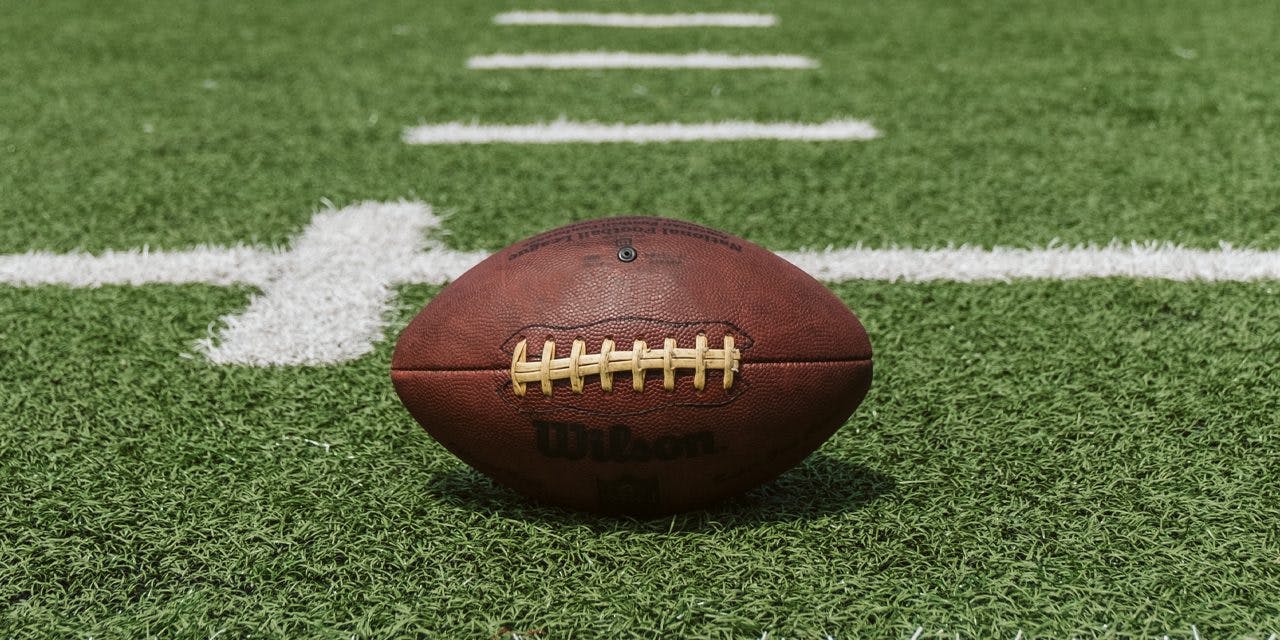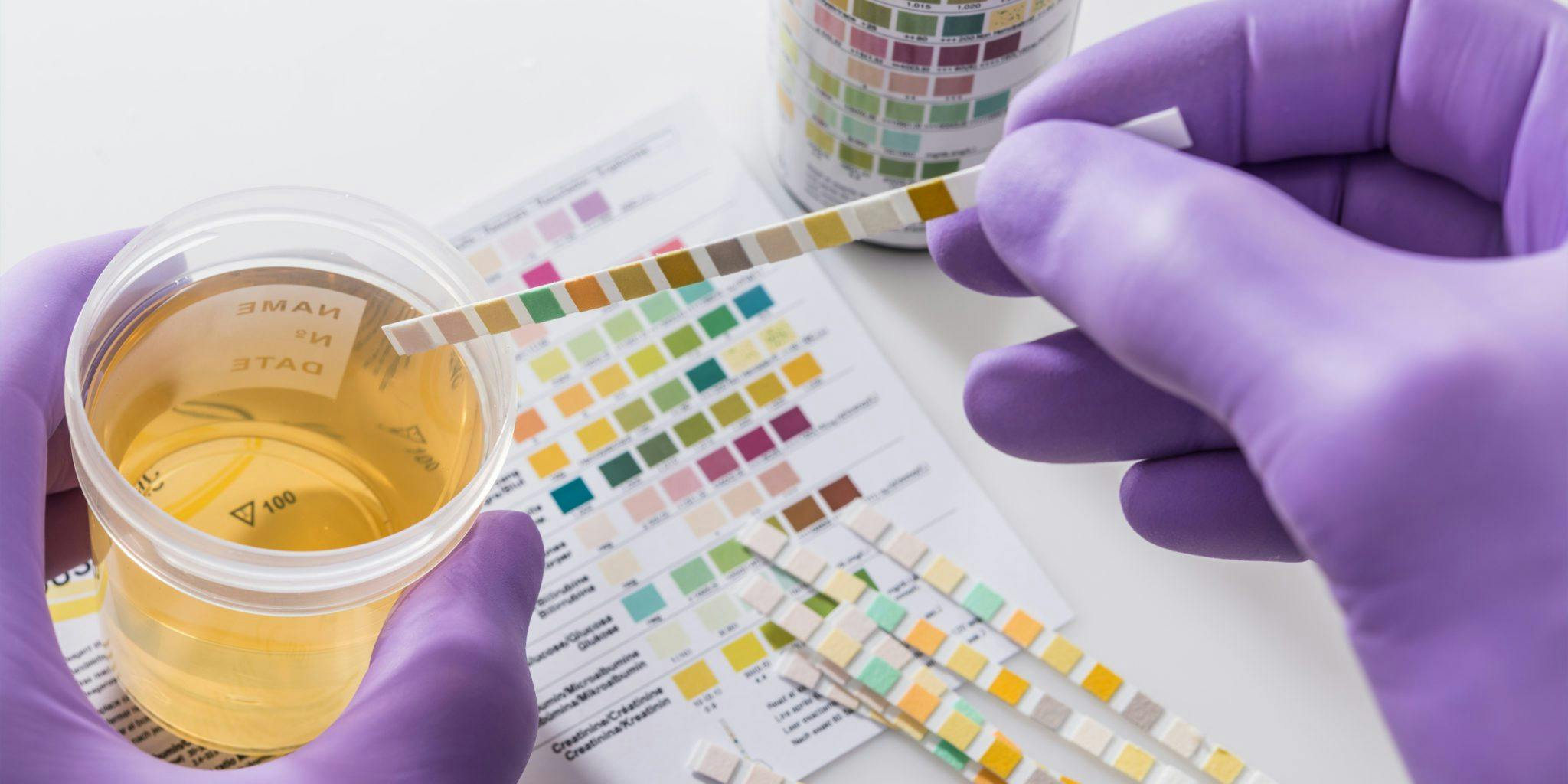5 Olympic Rules on Weed
Last updated on Oct 7, 2024
Created on Aug 16, 2022

Article written by

Shanti RyleContent Writer
Content reviewed by

Dr. Lewis Jassey
Many U.S. states and countries around the globe have legalized medical marijuana to varying extents, enabling more people in need to access its healing properties than ever before. However, competitors in the Olympic games must follow the rules outlined by the World Anti-Doping Agency (WADA), which includes most natural and synthetic cannabinoids – except CBD – on their banned substances list.
But the ban only applies to cannabis use as a performance enhancer in the competition itself, not necessarily on consumption by the elite athletes outside of the sport. Olympic athletes are not prohibited from using marijuana in their own time, but having THC in their system on race day would result in a WADA suspension. Athletes may also lose sponsorship or face punishment from their sports clubs if they are found using cannabis in the off-season.
Read on to discover the rules and technicalities covering the Olympic’s policy on weed and what athletes need to know about cannabis use and competitive international sports.
Get your medical marijuana card
Connect with a licensed physician online in minutes.
Larger purchase limits Access to higher potency strains Save up to 40% on product taxes Enhanced legal protection
THC is Banned for In-Competition Use
Marijuana, and specifically cannabinoids, are banned for use by high-level athletes in competition. THC and other cannabinoids (except CBD) are considered to meet the necessary inclusion criteria for prohibited substances, which include:
- Posing a health risk to athletes
- A potential to enhance performance
- Violation of the spirit of the sport
In 2011, the WADA published an article in Sports Medicine addressing how cannabis meets these three criteria claiming that “athletes who smoke cannabis […] potentially endanger themselves and others.” The report also cites studies that have found performance-enhancement effects from cannabis in certain sports.
Olympic Rules Don’t Apply to Out-of-Competition Consumption
Despite the blanket competition ban on all cannabinoids except CBD, the WADA doesn’t concern itself with cannabis use outside competition. Marijuana is still federally illegal in the U.S. However, athletes residing in states or countries with legalized recreational or medical programs can use marijuana according to local laws.
This in-competition ban is why Michael Phelps received only a three-month suspension when he was photographed smoking from a bong. In contrast, Sha’carri Richardson was disqualified from the Olympics because THC metabolites were found in her system after she won her race. Phelps’ punishment was due to violations, but he never tested positive on a drug test during his career and did not break Olympic rules.
Olympic Rules Exempt CBD
In 2019, the WADA removed cannabidiol (CBD) from its list of banned subjects. It’s important to note that all other cannabinoids are prohibited from Olympic competitions. Unless they consume pure, isolated CBD, an athlete will likely produce a positive test for other cannabinoids and face potential punishment by the WADA and the International Olympic Committee.
Athletes Must Wait for All Cannabinoids to Exit Their System before Competing
It takes a wide range of time for different bodies and substances to metabolize completely and be eliminated from the body, not factoring in various dosages and cannabinoid profiles, consumption methods, regularity of use, and other physiological functions.
Many cannabinoids accumulate in fat tissue, taking longer to completely exit users’ systems even long after the psychoactive effects of THC have faded. It can take weeks or months to flush weed thoroughly from the body. Athletes using cannabis or marijuana-based remedies should discuss clearance times with their doctors before use and competition.
In Rare Cases, Athletes can Get a Therapeutic Use Exemption for Medical Marijuana
The WADA and USADA (U.S. Anti-Doping Agency) have a therapeutic use exemption (TUE) policy for specific medicines, including medical cannabis. This policy is designed to balance athletes’ medical needs for certain substances like cannabis while ensuring that all participants enjoy the right to compete on a level, clean playing field.
The USADA considers TUE applications for medical marijuana use against global guidelines for neuropathic pain. All TUEs for marijuana and FDA-approved cannabinoid medication such as Epidolex and Marinol must meet the International Standard for TUEs’ approval criteria.
Get Your Medical Card
Connect with a licensed physician online in minutes.
Larger purchase limits Access to higher potency strains Save up to 40% on product taxes Enhanced legal protection

